UCC is designed to replace these personal laws and establish a single common law that is applicable to everybody.
The disputes among different communities about how the Uniform Civil Code (UCC), which Prime Minister Narendra Modi wants to bring in India, will affect their own personal laws have once again started gaining momentum.
What is UCC? Why is PM Modi batting for its imposition?
UCC is designed to replace personal laws and establish a single common law that is applicable to everybody as various religions follow their own personal laws which tenants to create interpersonal relations and related difficulties.
The primary goal of UCC is to simplify the existing laws governing marriage, divorce, adoption, inheritance, succession, and guardianship. If UCC is enforced, it would be able to reform the marriage age requirement, abolish bigamy, and address concerns with interfaith marriages.
Although worries about the proposed Uniform Civil Code (UCC) are frequently connected to Muslims and other religious minorities, this topic has also generated considerable discussion in several Northeastern states.
In the Indian Constitution, the Directive Principles of State Policy are covered in Part 4 which, despite the fact that the courts cannot enforce them, are seen as serving as guiding principles. It states that the ‘state shall endeavour to secure for the citizens a uniform civil code throughout the territory of India'.
How will UCC impact different communities?
Northeast: The Constitution protects the long-standing customs and practises of the major tribal groups in the Northeast, and they are concerned that a Uniform Civil Code, particularly one with a majority-centric approach, will infringe on those practices. In the northern states, particularly Mizoram, Nagaland, and Meghalaya, UCC is likely to have an impact on laws governing inheritance, marriage, and religious liberty.
The Khasis, the Garo hill tribes of North Eastern India, and the Nairs of Kerala are matrilineal tribes and communities, and they have expressed fear that the UCC may force patriarchal uniformity on them.
On February 14, 2023, the state Assembly of Mizoram already approved a motion against the Uniform Civil Code. The resolution opposing any existing or future efforts to implement an Indian Uniform Civil Code was unanimously accepted. “In Mizoram, implementing a uniform civil code may be difficult and could potentially lead to instability. We passed a resolution opposing the UCC during the previous assembly session in February,” Thangmawai, an MLA of the ruling party Mizo National Front (MNF) said.
The Khasi, Jaintia, and Garo tribes make up the majority of the population in the state of Meghalaya. Regarding marriage, divorce, and several other issues including adoption and inheritance, these tribes have their own unique rituals and ways of life.
Conrad K. Sangma, the chief minister of Meghalaya and a member of the NDA government, said on June 30 that the Uniform Civil Code is incompatible with the spirit of India's diversity. The three Chief Executive Members of the tribal councils in Meghalaya have also resolved to reject the adoption of the Uniform Civil Code.
Like Mizoram and Meghalaya, the people of Nagaland have also strongly opposed the Uniform Civil Code (UCC). Following the incorporation of Article 371A (later expanded to include Article 371J) into the Indian Constitution by the 13th Amendment, the state of Nagaland was established in 1963.
The protection of social and religious customs, as well as the state's ownership of land and resources, are all guaranteed by this article which allows the people of Nagaland to maintain their distinct identity.
According to Rising People party general secretary Amai Chingkhu, the implementation of the Uniform Civil Code would be in conflict with these specific provisions and violate the fundamental rights of the Naga people.
Hindu Undivided Family (HUF): A HUF is a family made up of everyone who is directly descended from a single male ancestor. When UCC is adopted, it will have an impact on India's income tax rules and succession arrangements. The Hindu Undivided Family (HUF) and the accompanying income tax benefits are anticipated to have a direct impact.
The HUF concept will be abandoned if the UCC is eventually put into use. This may need an amendment in the Income Tax Act if the Kerala Joint Hindu Family System (Abolition) Act, 1975, is not specifically incorporated into the UCC.
Muslim: According to the Muslim Personal (Shariat) Application Act, 1937, marriage, divorce, and maintenance shall all be governed by Shariat or Islamic law. If the UCC is implemented, polygamy (the custom of having more than one wife at the same time) might be outlawed and the Shariat law's minimum age for marriage would be modified.
Sikhs: The Anand Marriage Act of 1909 governs marriage laws among Sikhs. However, divorce is not permitted. In this case, the Hindu Marriage Act governs Sikh divorces; but, if UCC is implemented, a common law will likely be applicable to all communities and weddings registered under the Anand Act.
Christianity: Christian personal law issues like inheritance, adoption, and succession will be impacted by UCC, but marriage and the Catholic Church's rejection of divorce will require more thought.
Parsi: According to the Parsi Marriage and Divorce Act of 1936, any woman who marries a person of a different religion forfeits all rights to Parsi ceremonies and customs; however, if UCC is implemented, this clause will be removed. Adoptive daughters are not recognised as having rights in Parsi culture, but an adopted son is only permitted to officiate at a father's funeral. Therefore, if the UCC is implemented, all religious guardianship and custody laws will be common, and this will be eliminated.
![submenu-img]() 'I’ve done my part...': CSK star all-rounder bids adieu to international cricket
'I’ve done my part...': CSK star all-rounder bids adieu to international cricket![submenu-img]() Former Indian football team head coach Igor Stimac set to receive Rs 33600000 from AIFF as...
Former Indian football team head coach Igor Stimac set to receive Rs 33600000 from AIFF as...![submenu-img]() Lucknow building collapse: Police lodged FIR against owner as death toll rises to 8
Lucknow building collapse: Police lodged FIR against owner as death toll rises to 8![submenu-img]() Nicole Kidman skips receiving Best Actress award at Venice Film Festival due to her mother's death: 'I am in shock'
Nicole Kidman skips receiving Best Actress award at Venice Film Festival due to her mother's death: 'I am in shock'![submenu-img]() Asian Hockey Champions Trophy: Defending champions India beat China 3-0 in campaign opener
Asian Hockey Champions Trophy: Defending champions India beat China 3-0 in campaign opener![submenu-img]() 'दूसरे के नहीं मैंने अपने खिलाफ की थी Bharat Jodo Yatra' यूएस में Rahul Gandhi ने क्यों कही ये बात
'दूसरे के नहीं मैंने अपने खिलाफ की थी Bharat Jodo Yatra' यूएस में Rahul Gandhi ने क्यों कही ये बात![submenu-img]() Lucknow Building Collapse: लखनऊ में 8 लोगों का काल बनी बिल्डिंग का होगा स्ट्रक्चर ऑडिट, गुजरात से कल आएगी ये खास टीम
Lucknow Building Collapse: लखनऊ में 8 लोगों का काल बनी बिल्डिंग का होगा स्ट्रक्चर ऑडिट, गुजरात से कल आएगी ये खास टीम![submenu-img]() Rajouri Encounter: राजौरी के नौशेरा सेक्टर में दो आतंकी ढेर, J-K Assembly Election के बीच घुसपैठ की कोशिश नाकाम
Rajouri Encounter: राजौरी के नौशेरा सेक्टर में दो आतंकी ढेर, J-K Assembly Election के बीच घुसपैठ की कोशिश नाकाम![submenu-img]() Apple Event: आज लॉन्च होगी iPhone 16 और 16 Pro सीरीज, कितनी होगी कीमत? यहां देखें Live Streaming
Apple Event: आज लॉन्च होगी iPhone 16 और 16 Pro सीरीज, कितनी होगी कीमत? यहां देखें Live Streaming ![submenu-img]() चंदामामा पर मिलकर न्यूक्लियर रिएक्टर लगाएंगे भारत-चीन, मालिक होगा ये देश
चंदामामा पर मिलकर न्यूक्लियर रिएक्टर लगाएंगे भारत-चीन, मालिक होगा ये देश![submenu-img]() Jawa 42 FJ vs Royal Enfield Classic 350: Price, engine, specs compared
Jawa 42 FJ vs Royal Enfield Classic 350: Price, engine, specs compared ![submenu-img]() Bhavish Aggarwal’s Ola Electric set to challenge Mahindra, Bajaj as his company plans to launch…
Bhavish Aggarwal’s Ola Electric set to challenge Mahindra, Bajaj as his company plans to launch…![submenu-img]() Skoda-Auto Volkswagen India to invest Rs 15000 crore to set up EV plant in…
Skoda-Auto Volkswagen India to invest Rs 15000 crore to set up EV plant in…![submenu-img]() Hyundai Venue E+ with electric sunroof launched in India; price starts at Rs…
Hyundai Venue E+ with electric sunroof launched in India; price starts at Rs…![submenu-img]() DNA Auto Awards 2024: Maruti Suzuki Swift nominated for ‘CAR OF THE YEAR’; check price, features
DNA Auto Awards 2024: Maruti Suzuki Swift nominated for ‘CAR OF THE YEAR’; check price, features![submenu-img]() Meet woman, who got separated from her son, cracked UPSC exam to become IAS officer with AIR 2, she is...
Meet woman, who got separated from her son, cracked UPSC exam to become IAS officer with AIR 2, she is...![submenu-img]() Meet man, who cracked UPSC exam with AIR 646, became IPS officer, now suspended due to...
Meet man, who cracked UPSC exam with AIR 646, became IPS officer, now suspended due to...![submenu-img]() Marksheet of IAS Sonal Goel goes viral on social media, check her UPSC exam scores in different subjects
Marksheet of IAS Sonal Goel goes viral on social media, check her UPSC exam scores in different subjects![submenu-img]() Meet woman, who cracked UPSC exam at the age 22, became IAS officer, secured AIR 51, she is...
Meet woman, who cracked UPSC exam at the age 22, became IAS officer, secured AIR 51, she is...![submenu-img]() Meet IIT topper who left corporate job to become IAS officer, failed four times in UPSC exam, he is...
Meet IIT topper who left corporate job to become IAS officer, failed four times in UPSC exam, he is...![submenu-img]() Mumbai: Fire Breaks Out At Times Tower In Mumbai, 9 Fire Units Deployed
Mumbai: Fire Breaks Out At Times Tower In Mumbai, 9 Fire Units Deployed![submenu-img]() 'Dharavi Project Is About Restoring Dignity...', Says Gautam Adani | Dharavi Redevelopment Project
'Dharavi Project Is About Restoring Dignity...', Says Gautam Adani | Dharavi Redevelopment Project![submenu-img]() Kolkata Doctor Case: CBI Visits RG Kar, Seizes Documents On Funds Used During Sandip Ghosh’s Tenure
Kolkata Doctor Case: CBI Visits RG Kar, Seizes Documents On Funds Used During Sandip Ghosh’s Tenure![submenu-img]() Giriraj Singh Attacked: Union Minister Giriraj Singh Assaulted In Begusarai, Bihar; Accused Arrested
Giriraj Singh Attacked: Union Minister Giriraj Singh Assaulted In Begusarai, Bihar; Accused Arrested![submenu-img]() Haryana Assembly Election 2024: Haryana Assembly Election Date Changed, Check Details Here
Haryana Assembly Election 2024: Haryana Assembly Election Date Changed, Check Details Here![submenu-img]() Meet Indian man, who is likely to become world's 2nd trillionaire after Elon Musk, has net worth of...
Meet Indian man, who is likely to become world's 2nd trillionaire after Elon Musk, has net worth of...![submenu-img]() Ratan Tata's company invests Rs 950 crore in this firm, plans to build...
Ratan Tata's company invests Rs 950 crore in this firm, plans to build...![submenu-img]() Meet Indian genius who established 10 famous brands, built Rs 10000 crore company, not from IIT, IIM, runs iconic...
Meet Indian genius who established 10 famous brands, built Rs 10000 crore company, not from IIT, IIM, runs iconic...![submenu-img]() Meet man who earns over Rs 11 crore monthly, highest-paid executive in Indian company, he is Ratan Tata's...
Meet man who earns over Rs 11 crore monthly, highest-paid executive in Indian company, he is Ratan Tata's...![submenu-img]() Meet woman, an Indian, who is CEO of Rs 55683 crore company in US, her business is...
Meet woman, an Indian, who is CEO of Rs 55683 crore company in US, her business is...![submenu-img]() From getting secretly engaged to becoming parents to baby girl: A look at Deepika Padukone, Ranveer Singh's love story
From getting secretly engaged to becoming parents to baby girl: A look at Deepika Padukone, Ranveer Singh's love story![submenu-img]() 6 reasons why you should buy Volkswagen Virtus
6 reasons why you should buy Volkswagen Virtus![submenu-img]() Apple to Amazon: First products launched by big tech giants
Apple to Amazon: First products launched by big tech giants![submenu-img]() Made in Rs 82 crore, this superstar's film crashed after bumper opening, debutant actress left Bollywood, film earned...
Made in Rs 82 crore, this superstar's film crashed after bumper opening, debutant actress left Bollywood, film earned...![submenu-img]() This film won five National Awards, hero acted for free; Manoj Bajpayee was first choice for villain, was replaced by...
This film won five National Awards, hero acted for free; Manoj Bajpayee was first choice for villain, was replaced by...![submenu-img]() Lucknow building collapse: Police lodged FIR against owner as death toll rises to 8
Lucknow building collapse: Police lodged FIR against owner as death toll rises to 8![submenu-img]() Weather Update: Heavy rain continues to lash Rajasthan, IMD issues yellow, orange alerts for several parts till this day
Weather Update: Heavy rain continues to lash Rajasthan, IMD issues yellow, orange alerts for several parts till this day![submenu-img]() 'Ready for dialogue with Pakistan if...': Defence Minister Rajnath Singh in J-K election rally
'Ready for dialogue with Pakistan if...': Defence Minister Rajnath Singh in J-K election rally![submenu-img]() Bangladesh plans to extradite ex-PM Sheikh Hasina from India, put her on trial for….
Bangladesh plans to extradite ex-PM Sheikh Hasina from India, put her on trial for….![submenu-img]() Haryana Assembly Polls: AAP MP Raghav Chadha gives big update on AAP-Congress alliance, says, ‘both parties trying to..'
Haryana Assembly Polls: AAP MP Raghav Chadha gives big update on AAP-Congress alliance, says, ‘both parties trying to..'




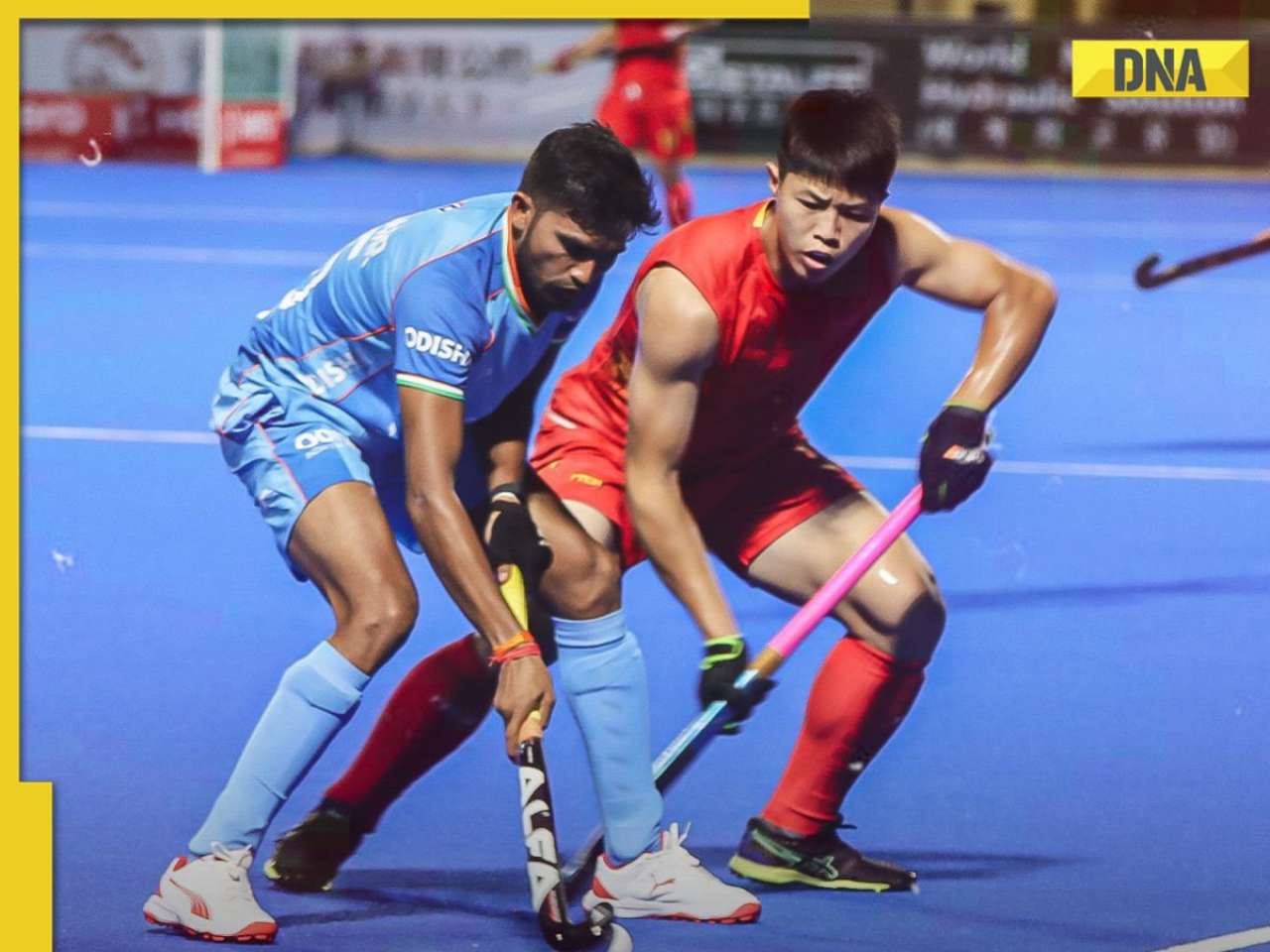















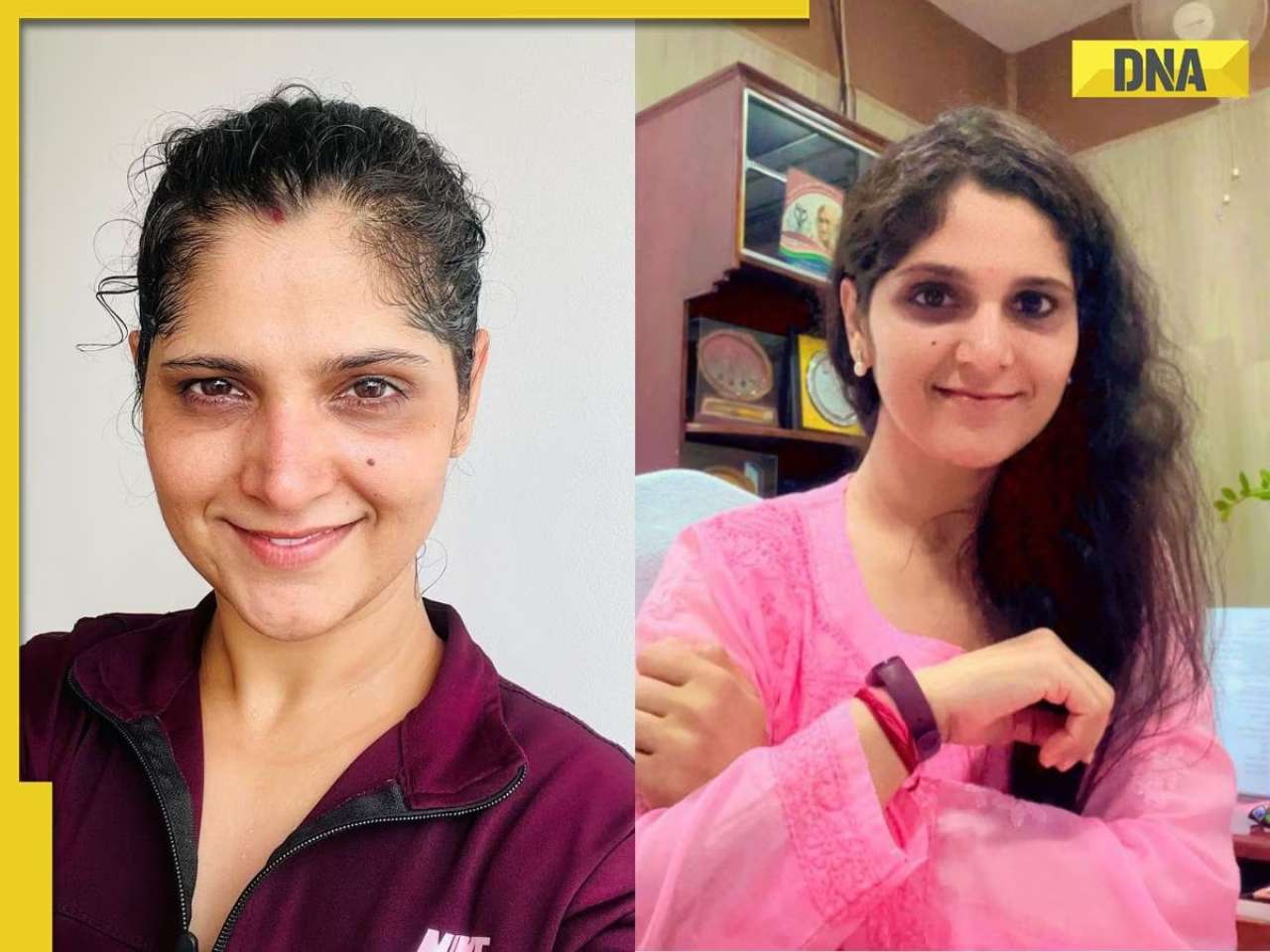
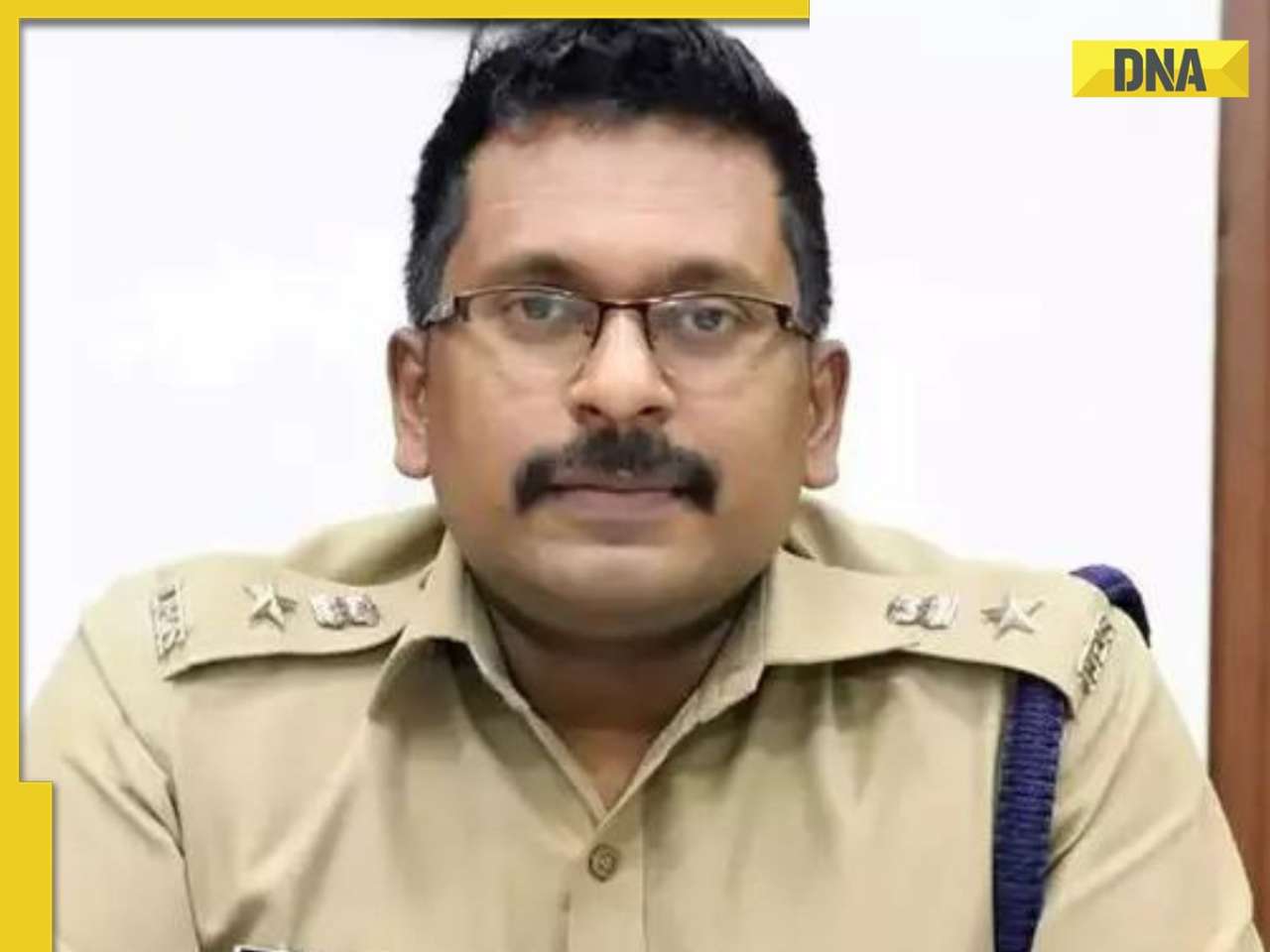

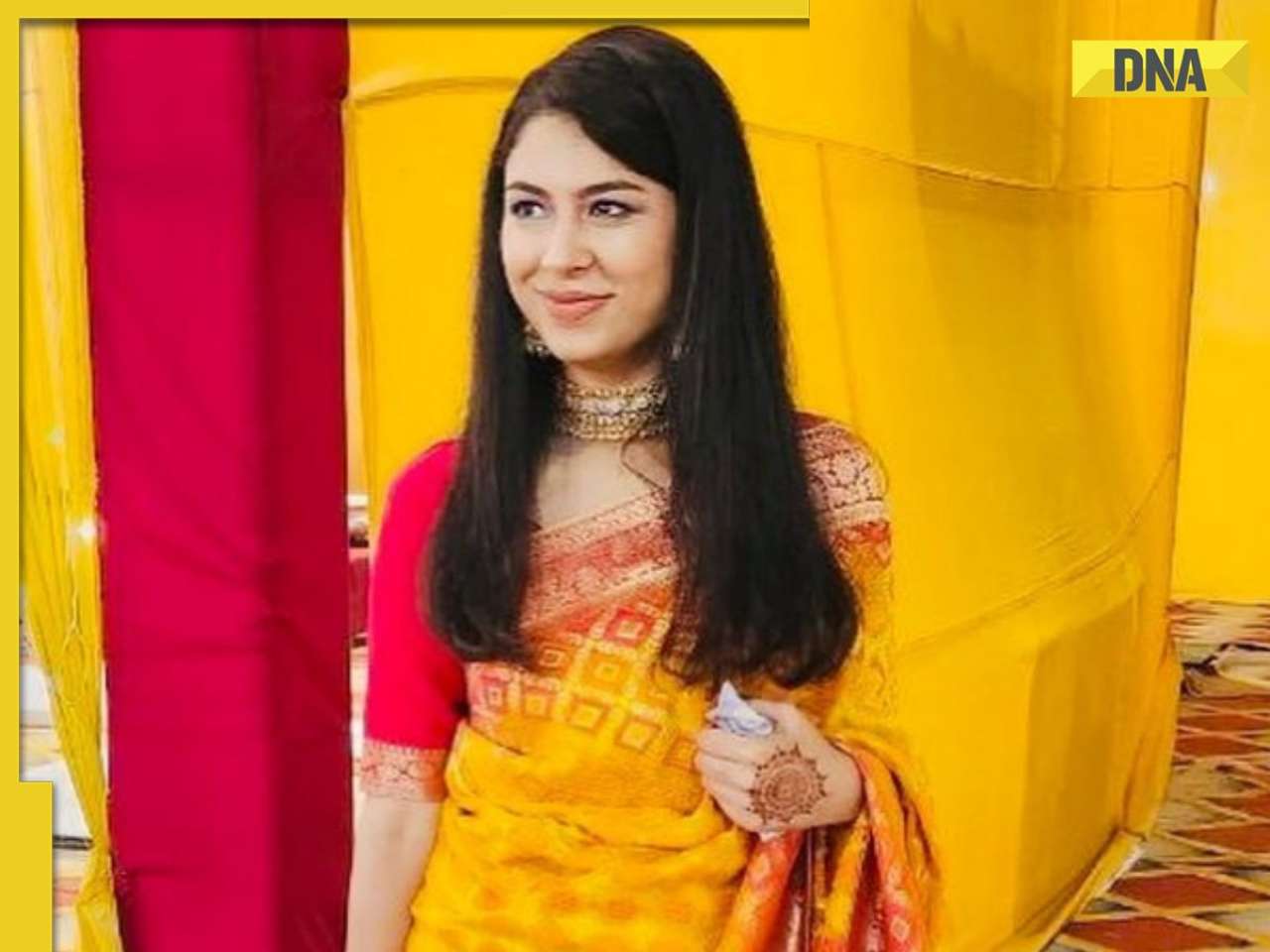
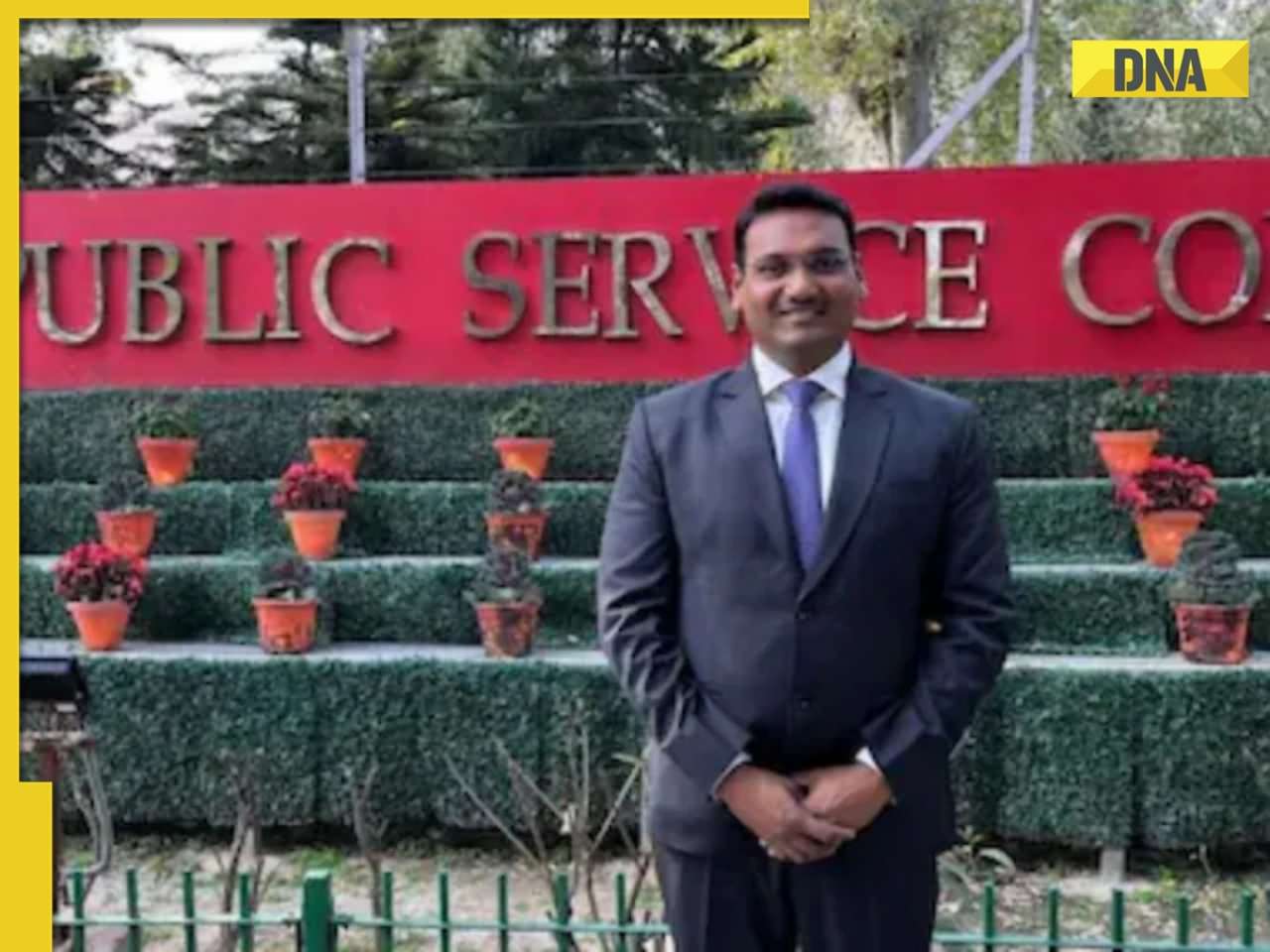

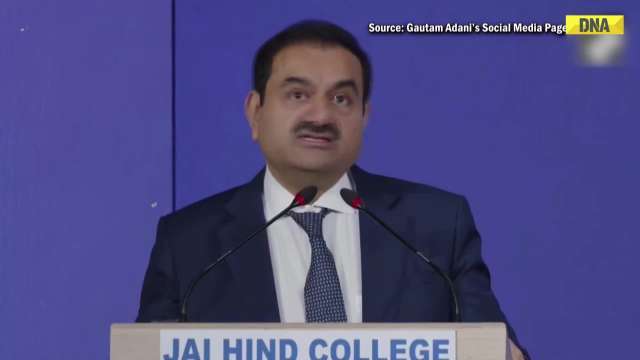

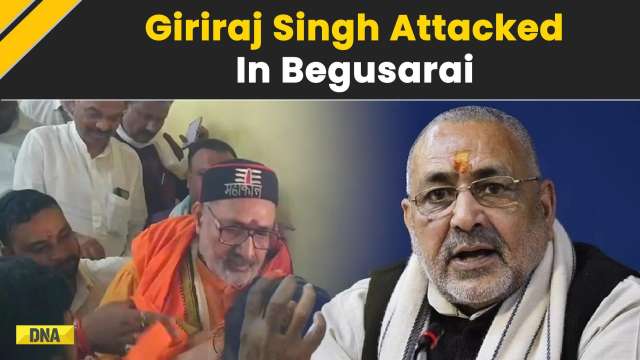
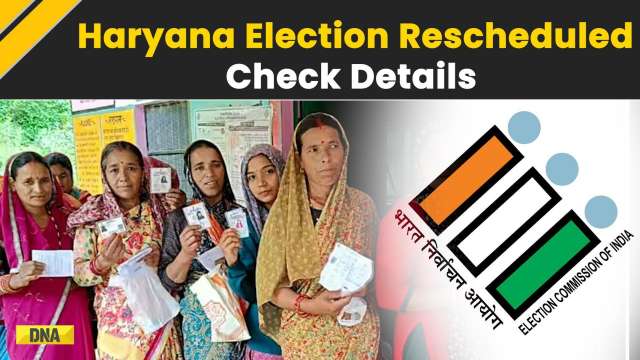
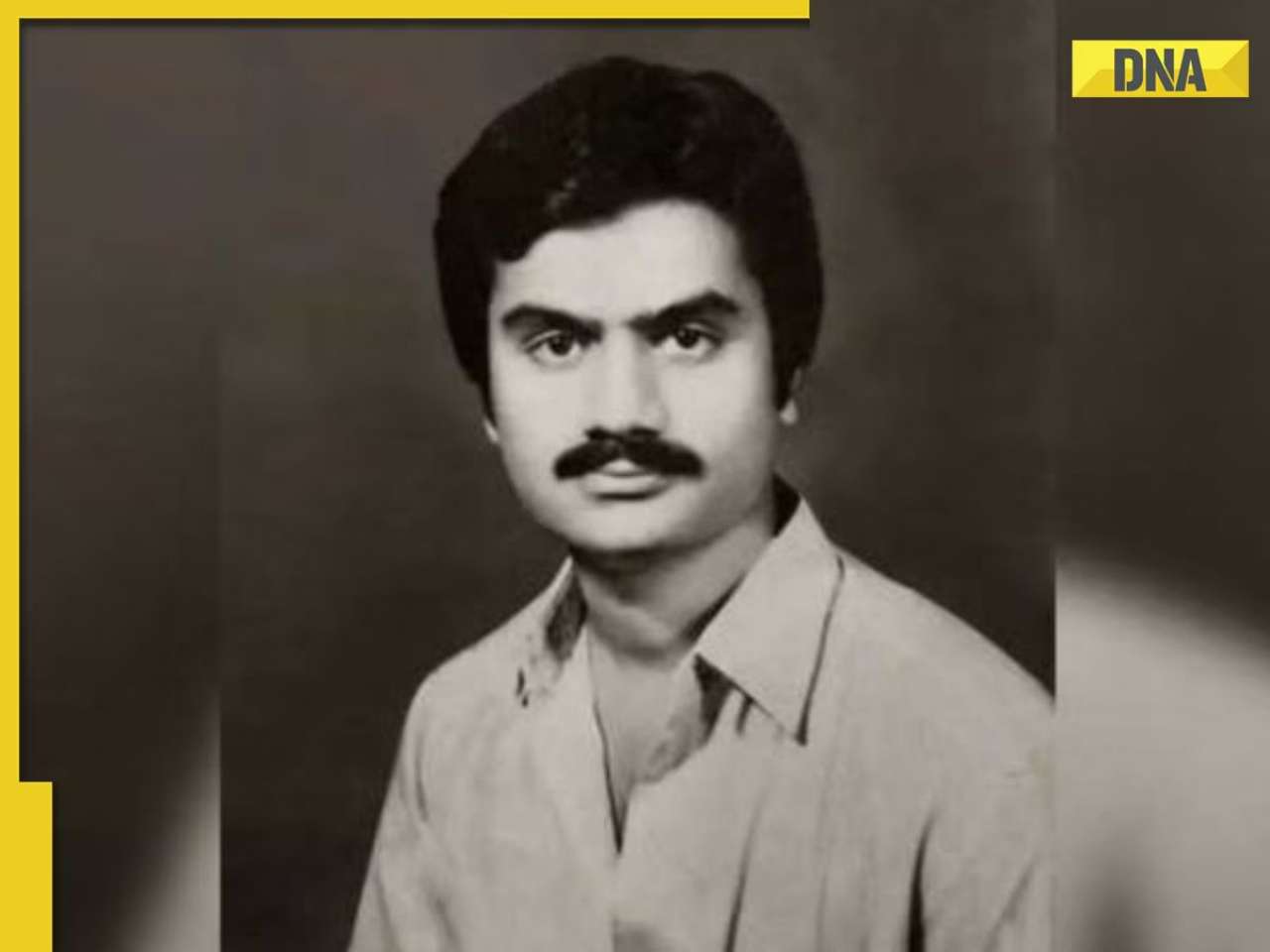
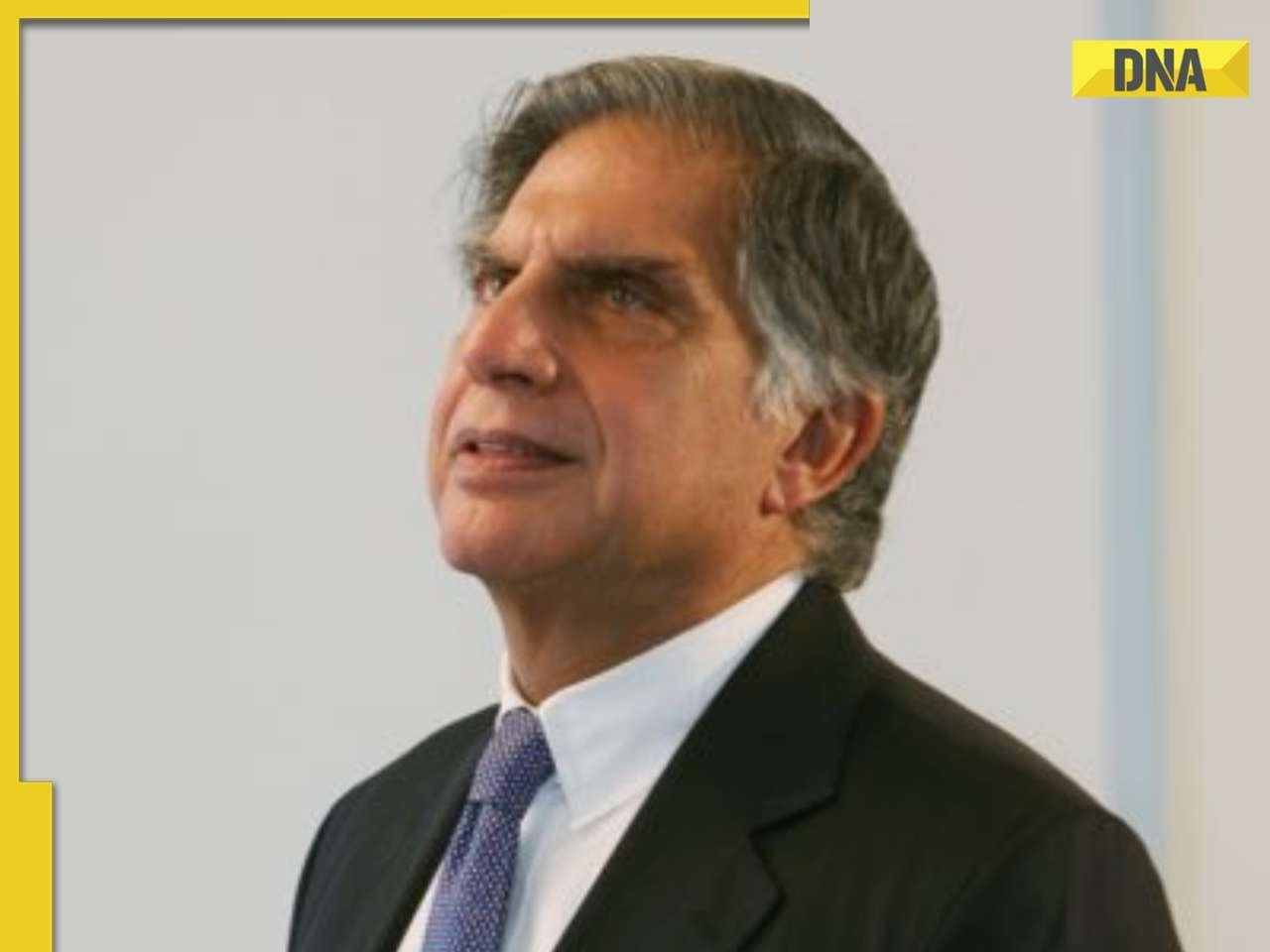
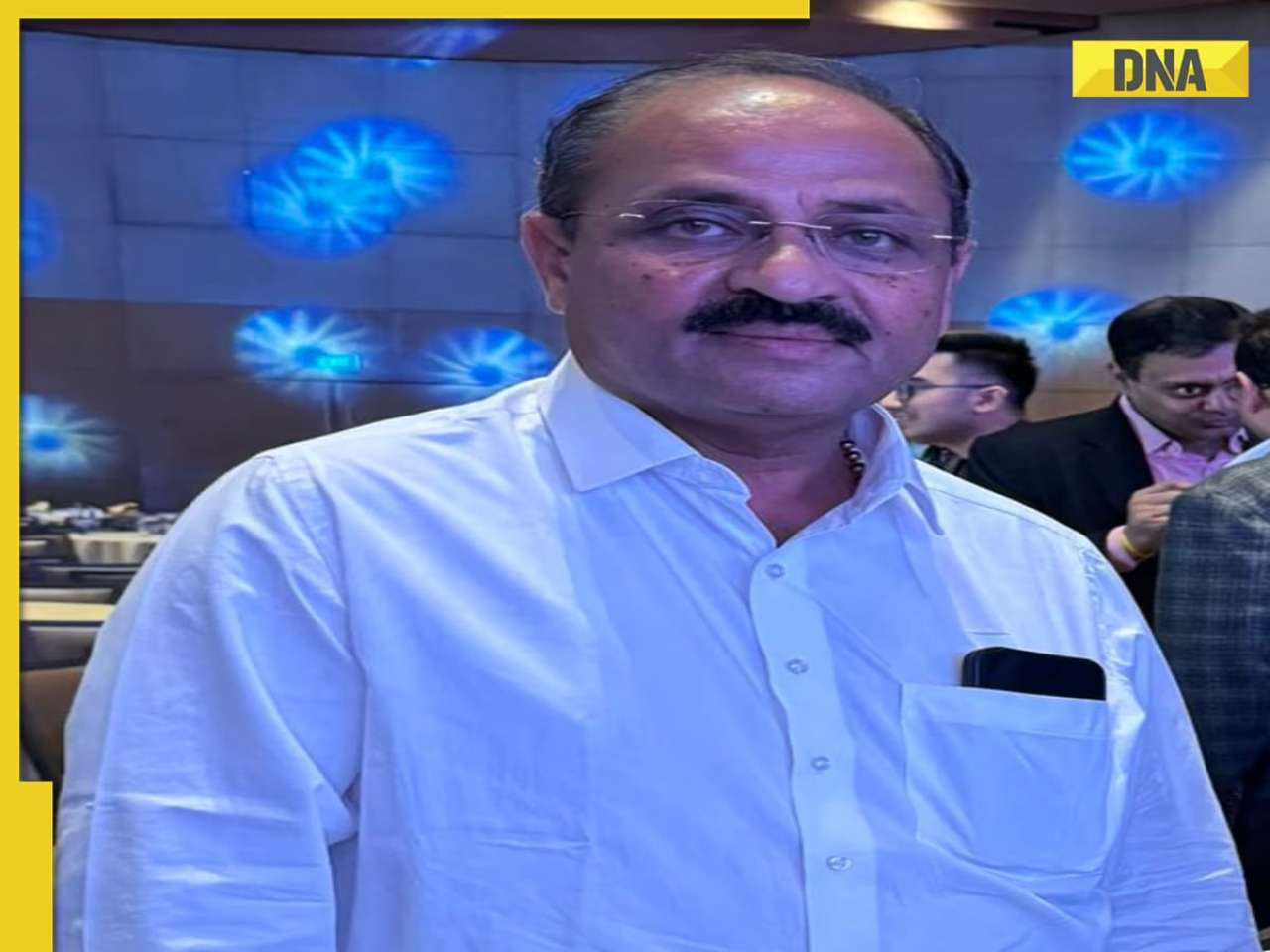
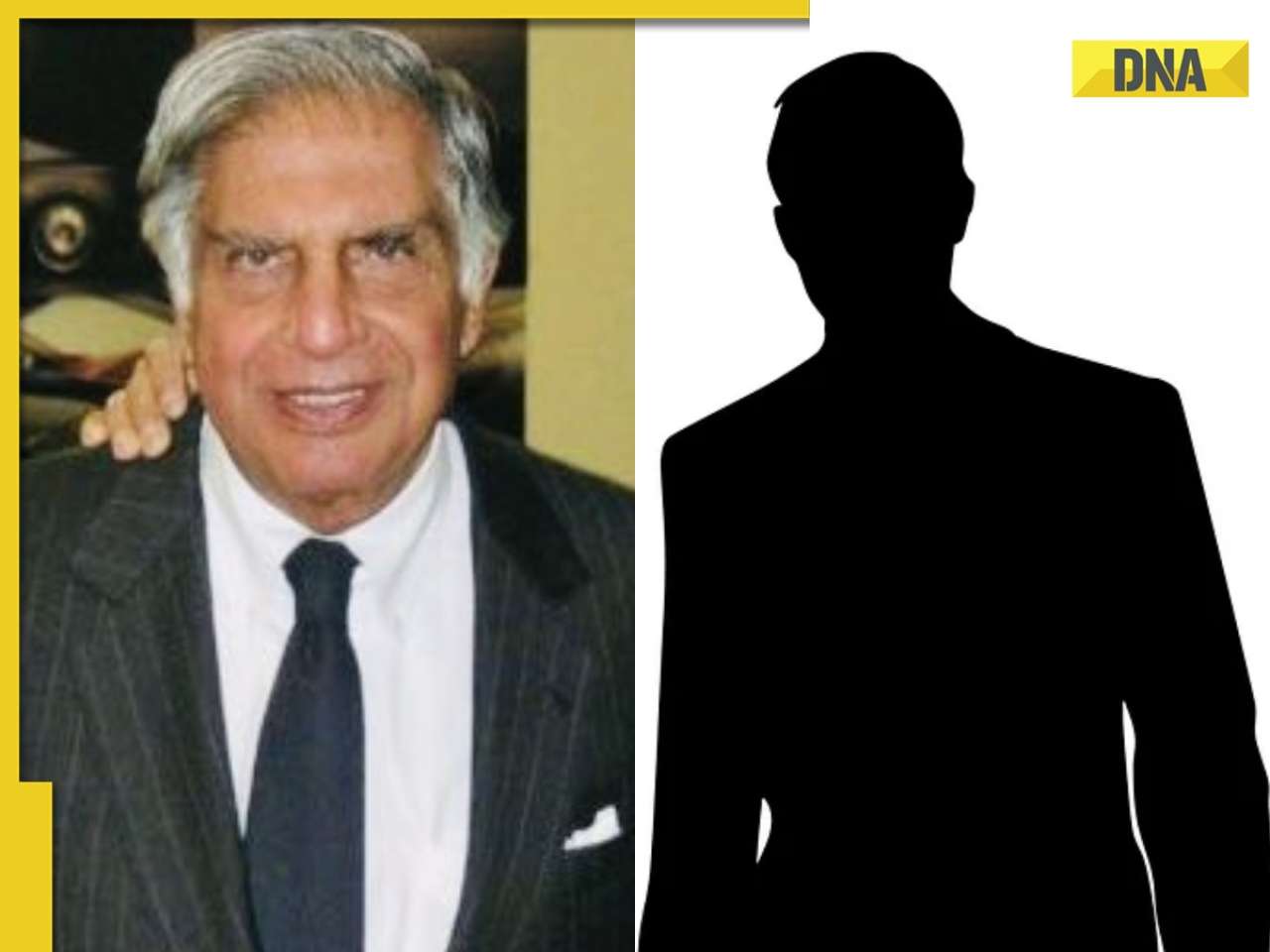






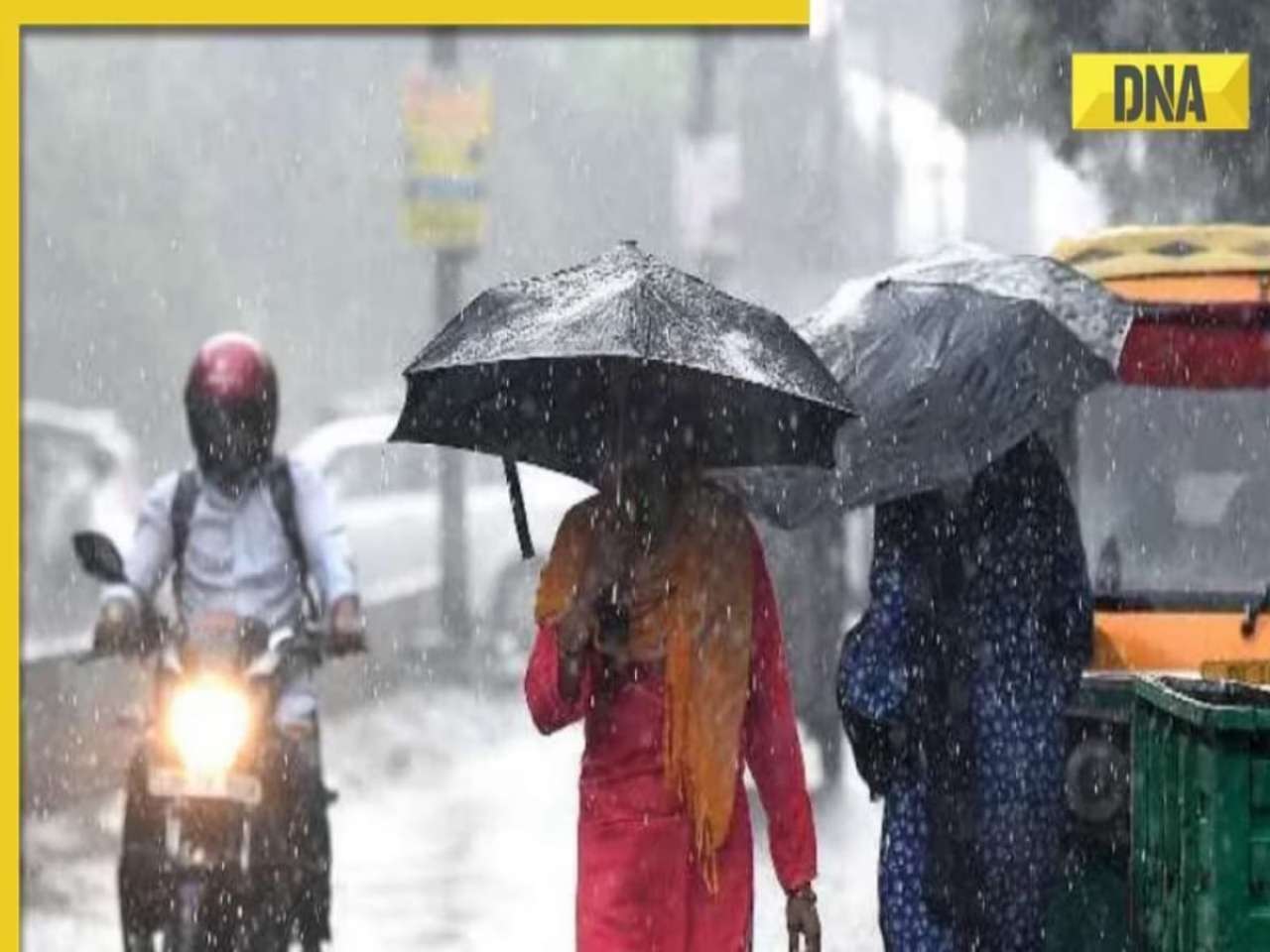
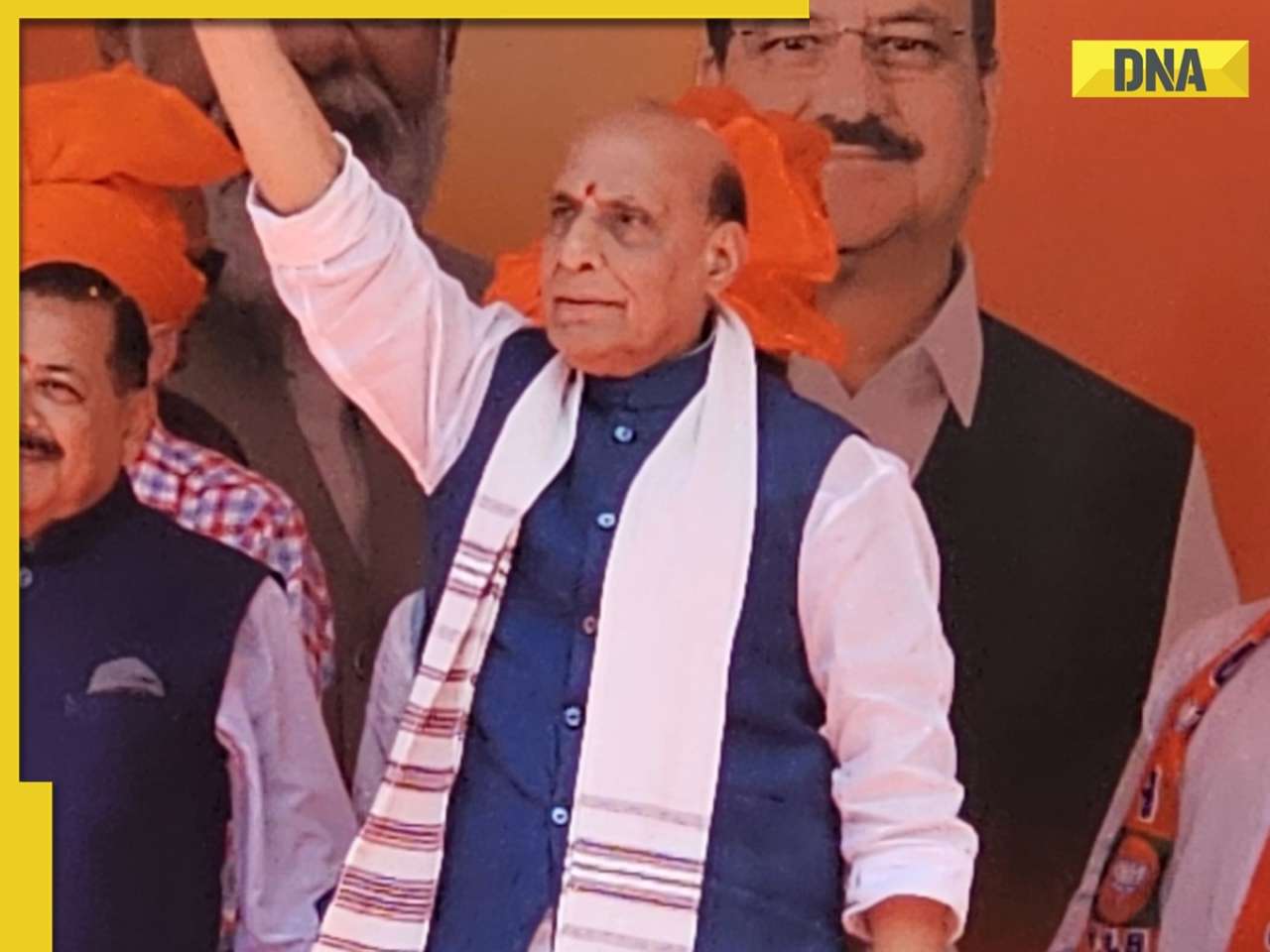
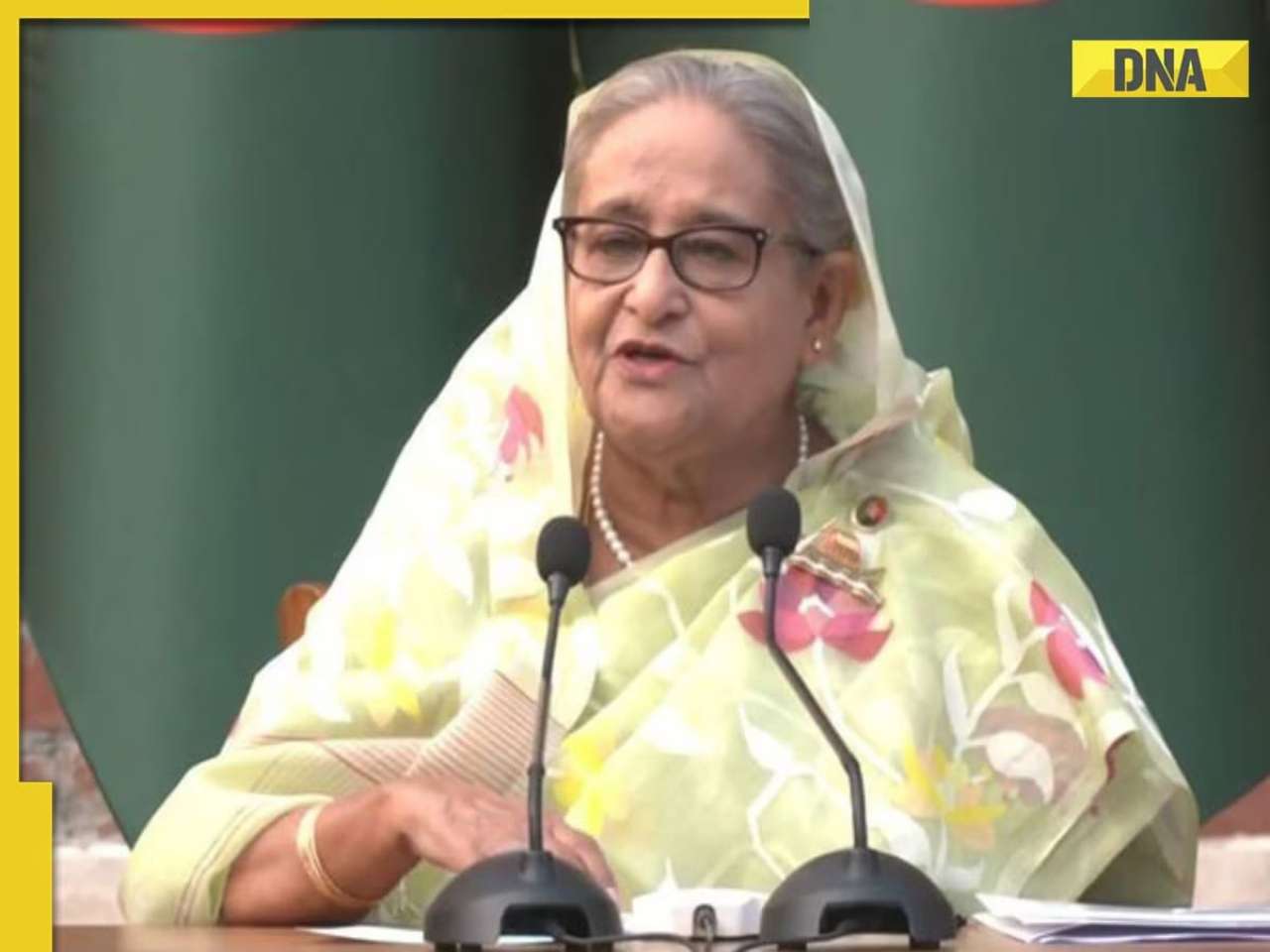
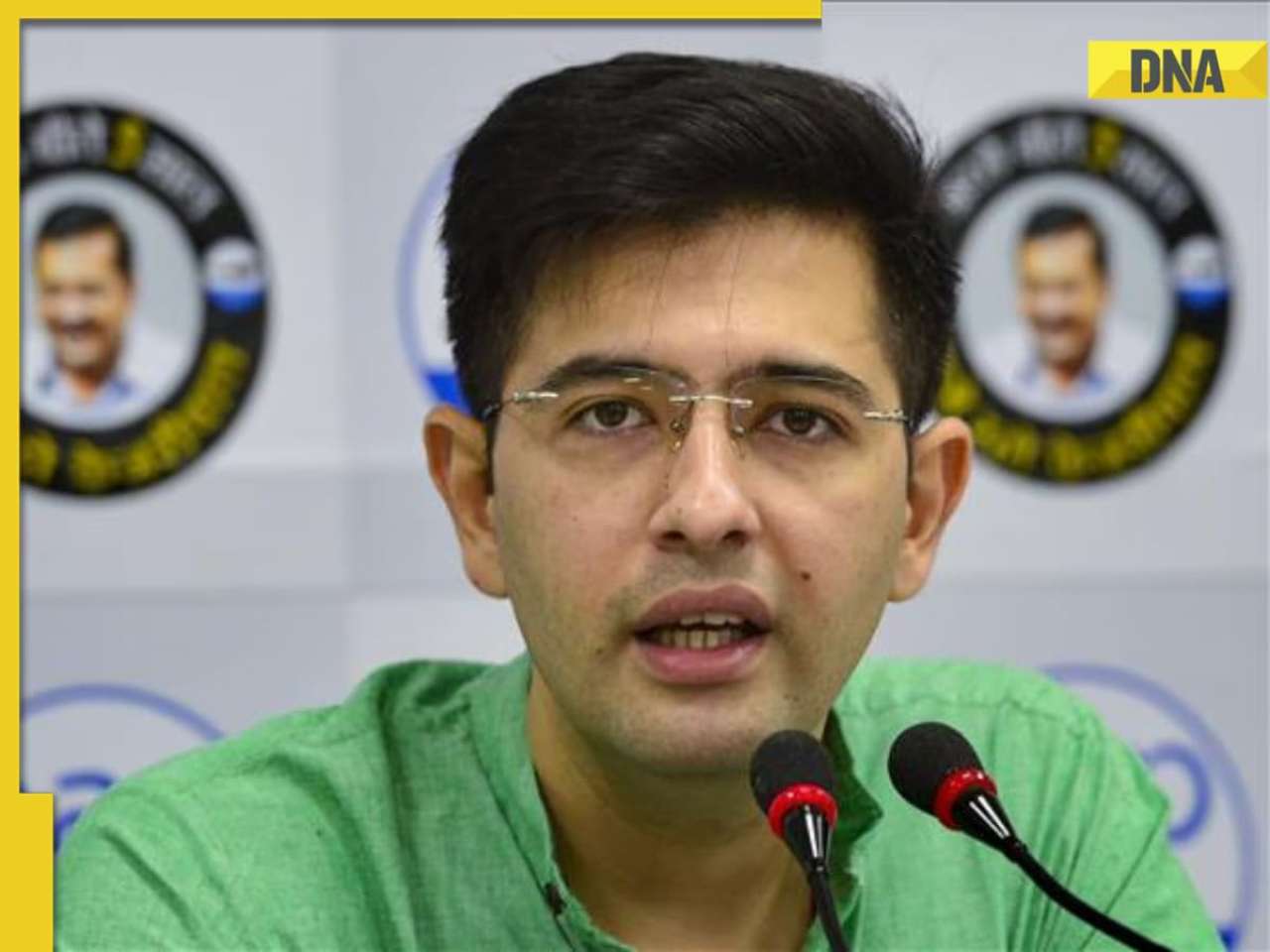

)
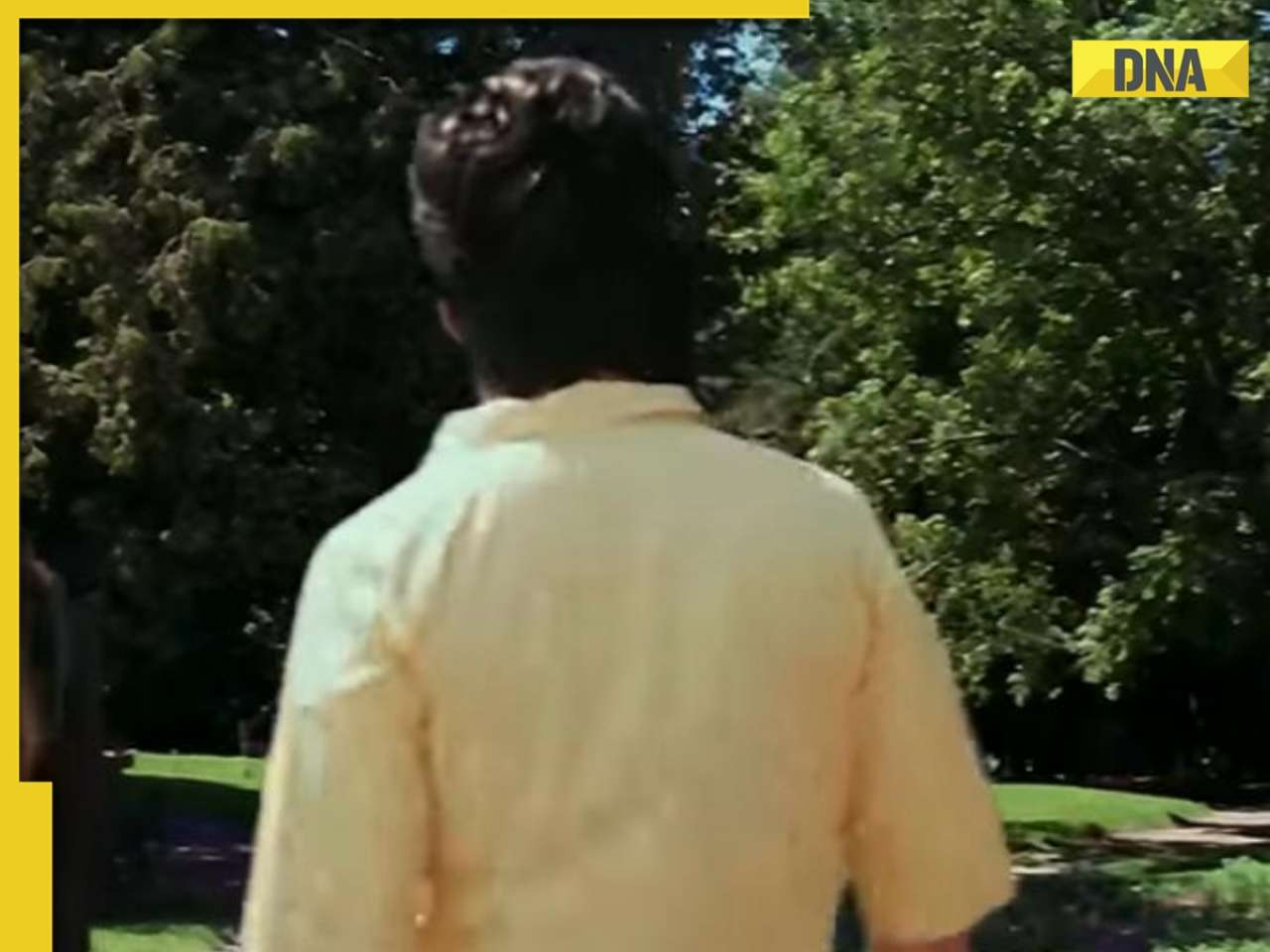)
)
)
)
)
)
)
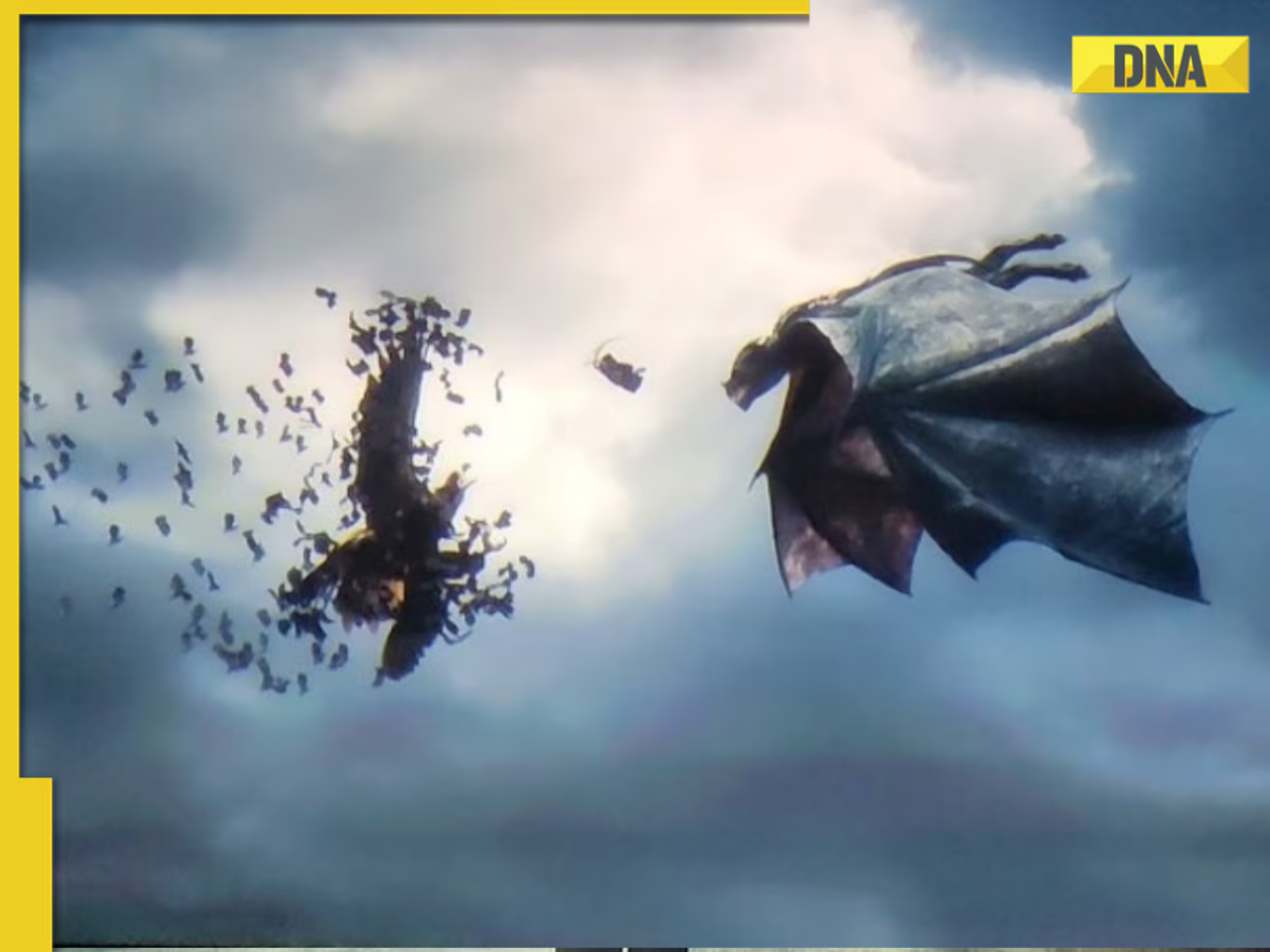)
)
)
)
)
)
)





)
)
)
)
)
)